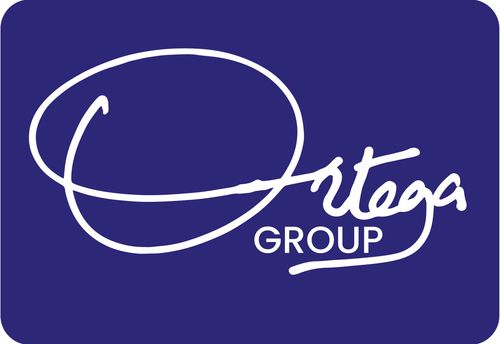By Ian Ortega
I recently checked the website statistics for this platform. And it came down to 290 unique visitors every month. For a platform we’ve largely not made noise about, this was impressive. I wondered, who are these people? What is it that keeps them coming back here? I saw the bounce rate, it’s almost at 50%, again, another great metric. That there’s a 1 in 2 chance that those who visit this website will return.
But then I realized it could be that this is also the only platform that’s thinking about business problems in Uganda in a really serious way. I say serious, that we are willing to write about topics that perhaps make sense to a certain segment, category, industry or even a group of business leaders. I call these the chronic problems that one CEO leaves for the next CEO. Everyone knows this problem exists, yet they are also aware that it’s not easy attempting such problems. No one is willing to burn time cracking at such problems because your tenure could be out before you’re close to solving that problem.
Case in point is one of the Savings and Cooperative Societies that I belong to. For a long time, everyone knew that this Cooperative needed to digitalize. Those days, the leadership was limited to two years. Every regime would come in with a big promise of digitalization only to get in, realize that this is a mountain, not an anthill and simply forward it for the next fellow. You can also relate it to a problem that may not stop your shift from operating yet overtime it blocks actual efficiency gains. Every shift keeps limping with the problem until the next shift comes around. No shift wants to lose a shift trying to address this problem.
It’s the case of the blocked toilet where everyone keeps adding onto the problem, but no one is willing to spend time unblocking it. Better, some choose to ignore this toilet and look for other alternatives. But this doesn’t solve the blocked toilet problem. That is the work that O.G is focusing on, proving Innovation, Strategy and Data Intelligence to these kinds of organizational problems, highlighting them and proposing possible solutions.
For this case, we are also building hard to become the platform for the Microwave solutions as opposed to Oven Solutions. A problem that takes 40 minutes in the Oven will take 5 minutes in the Microwave. But it’s simply because the Microwave has been designed in such a way to recognize how to intervene in such a problem. That’s why it will take it just 5 minutes. It is not to say that Oven solutions don’t work, they work, but they cost organizations money.
Think of the Glass/Empties problem in Uganda’s Beverage Industry. Both Uganda Breweries and Nile Breweries suffer from this problem. Every year, each of these companies spends to the tune of USD 5 million to buy new glass. Partly because they could have innovations, but mainly because glass doesn’t return as it should. The asset life of glass when well-handled should be about 4 to 5 years, this glass is meant to do between 25 to 30 cycles. When we say cycle, we mean the fact that beer is packaged in that glass, it’s sold, and the glass is returned for washing and packaging. But it’s a complex problem (not complicated), and no executive is willing to spend their head trying to crack at this problem once and for all. The best thing is to soothe it, bring in the number for that financial year, and leave it for the next regime.
Why is this problem complex? Because it requires actual thought, it requires a combination of interventions. It requires a chance in systems, processes, it requires unlocking new capabilities in demand and forecasting, new capabilities in data intelligence. It also requires a behavioural shift right from the distributors, depots all the way to the retailers and consumers. It has a communication aspect to raise awareness about glass. Some of the glass sits in people’s homes. People do not realize that this is something that should be returned. Some glass could potentially be leaking out at the borders. Who ever collects the glass from beer sold around the border towns? It’s also about correcting the incentives. Every system is as good as its incentives. Now, if I say, this is also a million-dollar business idea. If someone gazettes a good warehousing facility and becomes a consolidator of glass from the population, that’s a business.
Why? Because the breweries could also be stretched. Given that they can always bring in an annual glass injection, they are not that worried about solving this problem. But if Mukasa had space to collect glass, and to segregate this glass, and then places a markup to this glass, the breweries will waste no time but partner with Mukasa. Mukasa will be the microwave solution to the glass problem. For the breweries, they see this as an oven solution.
And that’s why we exist as a platform, to highlight and drive conversations around these kinds of business challenges and present possible microwave solutions. We seek to drive emergent strategies for such complex systems as the business environment in Uganda. Perhaps, that’s why those 290 people come here every month. We hope to grow more people coming here. But we hope coming here is just a beautiful discovery, one that we shouldn’t make noise about. Treasures should never announce themselves. So we believe…

